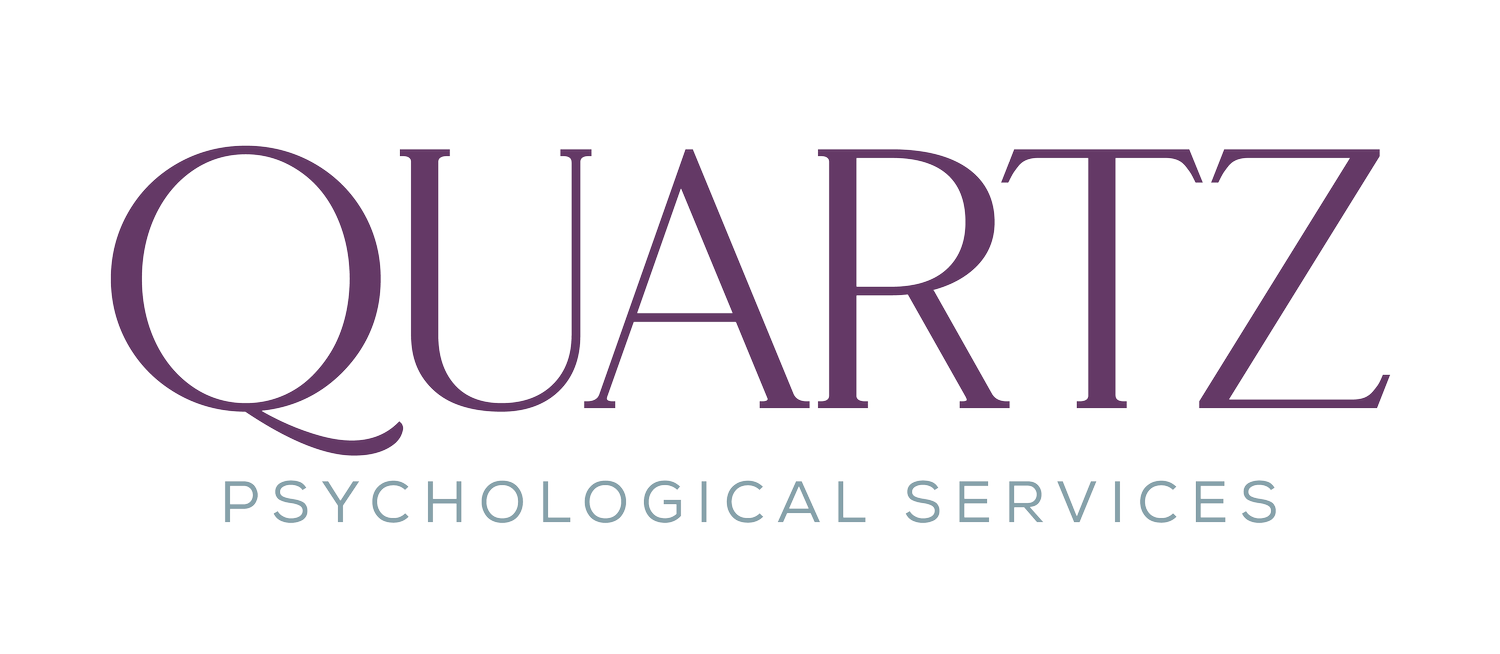The past might inform the present—it does not define it.
Our past experiences often teach us how to navigate life’s challenges. Sometimes those lessons can hold us back from creating a life aligned with our true selves and aspirations. By gaining deeper insight into our psychology and how we relate to others, we can create space for acceptance, healing, and transformation. Through deeper understanding, skill development, and challenging patterns, we can work toward a life of greater joy, connection, and true fulfillment.
We are built to heal.
My approach
As a Relational Constructivist, I believe humans are meaning-making creatures, and sometimes our experience just doesn’t make sense to us. We keep tripping over the same questions, the same memories, or the same patterns, struggling to understand why something happens or happened, or how we can change the script. I am committed to understanding how you see yourself, others, and the world. Together, we will experiment with new skills, new ways of being, and make new meaning from your experiences.
You, your needs, and your preferences are unique. Together we will collaboratively decide what works for you. I use evidence-based treatment approaches such as Cognitive-Behavioral Therapy (CBT), Eye-Movement Desensitization and Reprocessing (EMDR), Cognitive Processing Therapy (CPT), and Dialectical Behavior Therapy (DBT) to support you in rewriting your story, holding onto what works, and letting go of that which does not.
About EMDR
Eye-Movement Desensitization and Reprocessing (EMDR) is a well-researched and evidence-based approach to treatment which was initially developed to address and process trauma. It is effective for reducing distress related to painful memories and processing past painful experiences.
However, it is not limited to this application. EMDR is useful for anything that feels “stuck.” This is sometimes called a “head-heart disagreement"— this happens when you know something logically, but somehow you feel that it is not true. Maybe you have already thought of such a conflict in your own life. Common disagreements between the head and heart include believing you are enough, deserve love, or are capable of facing challenges. EMDR can support your head and heart in getting back on the same page so that you can live your life in the present moment rather than stuck in self-doubt.
Click here to learn more about EMDR.
(This link will take you to an external article that further describes EMDR.)



